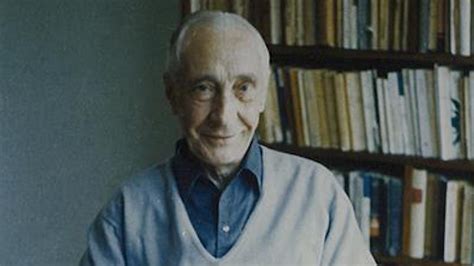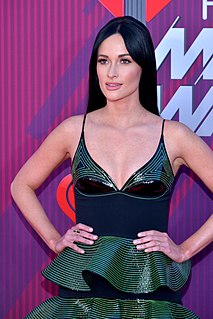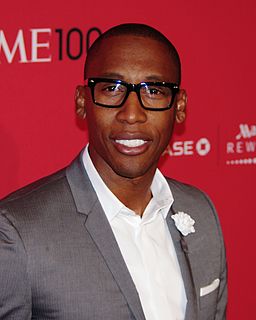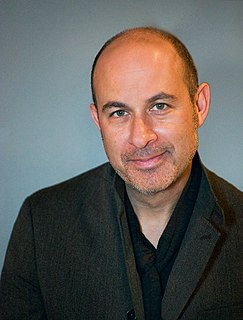A Quote by Benedict Cumberbatch
Scott Derrickson breathes humour into a character with a very strong identity in the '60s and '70s, that psychedelia era of Eastern mysticism meeting the West.
Related Quotes
I really discovered [Dr.Strange] through hearing about this film and first meeting Scott [Derrickson] and getting into it and just opening up and saying, "Okay, this is, like all comics, very much of its era," and my first question was, 'How do you make this film? Why do you make this film now?' and the answers were so enticing that I was like, "I'm in."
The East is unfamiliar with those confessions, memoirs, and autobiographies so beloved in the West. There is a clear difference in tonality. One's gaze never lingers on the suffering humanity of Christ, but penetrates behind the kenotic veil. To the West's mysticism of the Cross and its veneration of the Sacred Heart corresponds the eastern mysticism of the sealed tomb, from which eternal life eternal wells up.
I was a child of the '60s basically, which is a real blank. I really started growing up, I think, in the '70s. I'm a glam-rock kid. But Dublin, Ireland in those days was a very dark place, as in it was a very poor, almost third world. Economically, the whole world is going through a recession at the moment. In the '60s, '70s, and the '80s in Ireland was a real recession. It wasn't a pleasant place.
People say 'Scott's [Derrickson] movies are kind of scary, is this a horror movie?' Of course, [Doctor Strange] it's not a horror movie. But what Scott has done so well in the best of his films is have one foot completely in the real world and one foot in this whatever supernatural sub-genre he was playing with.
When I began writing poems, it was in the late 60s and early 70s when the literary and cultural atmosphere was very much affected by what was going on in the world, which was, in succession, the civil rights movement, the antiwar movement, and the women's movement in the 60s, 70s, and into the early 80s. And all of those things affected me and affected my thinking, particularly the Vietnam War.
Something I always wanted to do, to capture that later half of the '70s. It's like the early half of the '70s is still the '60s, in that there's still kind of a playfulness and inventiveness in terms of design and the things that were going on in the culture. The second half, it got much more commodified. It's possibly the ugliest era of architecture and clothes and design in the entire 20th century, from 1975 to '81 or '82.
I love doing movies, but right now, television is the way Hollywood was in the late '60s and early '70s. The dream era I would have loved to have been part of in Hollywood then is happening right now, but it's happening on television, with these big complicated story arcs and real character-driven shows and sheer ambiguity left and right.

































